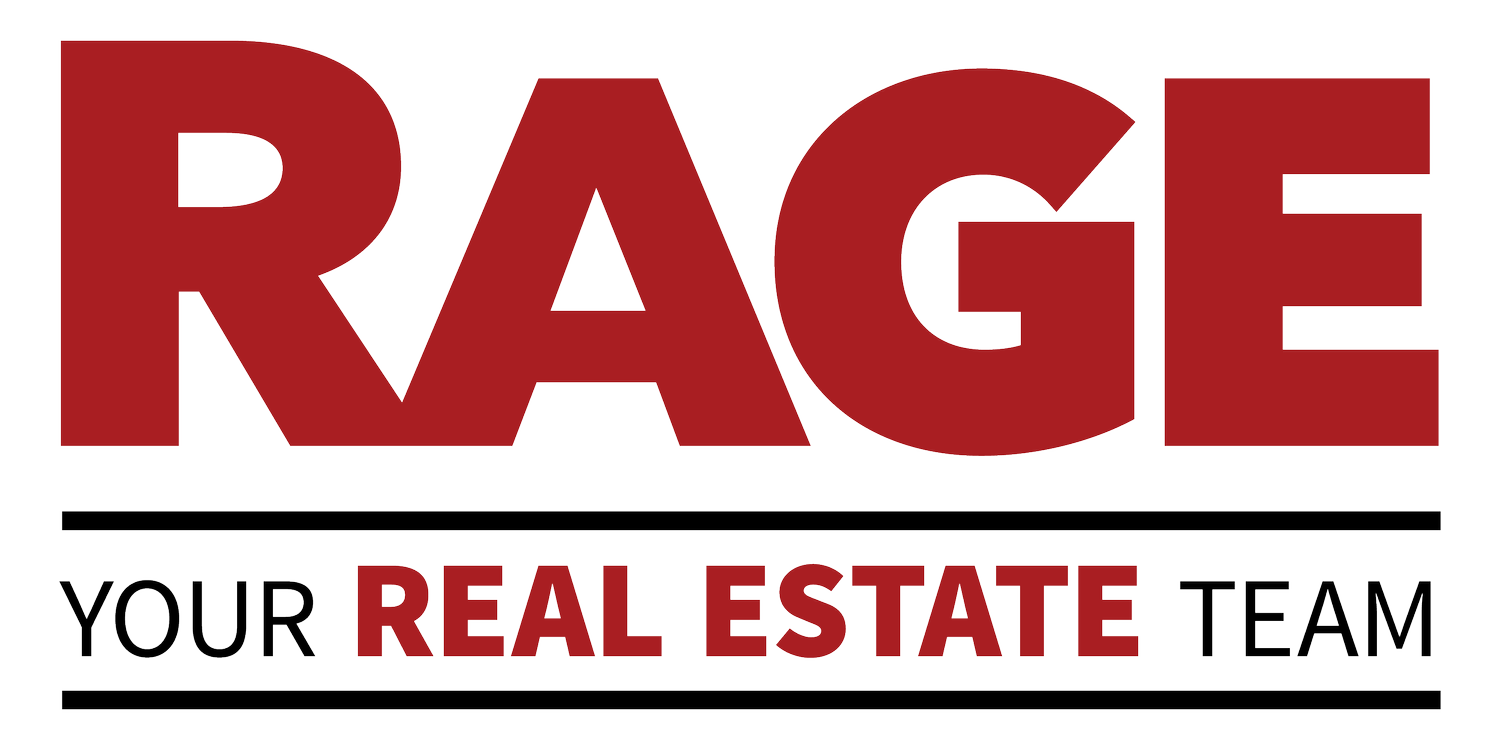Four Financial Foundations of Home Buying
When it comes to buying a home, either for the first time or for the first time in a while, there are some essentials you'll need to know.
We call these the Four Financial Foundations:
Income, credit, debt, and downpayment.
Income:
In order to buy a home that involves a loan, you will need to show verifiable income. By verifiable, I mean this income must show up in documented fashion, like on paystubs or your recent tax returns.
The greater your income, the greater the likelihood you can afford to spend more on a house - assuming your other three foundations are also in order.
This might sound obvious, but for home buyers who perhaps take a lot of side jobs that pay cash (which may or may not be properly reported on taxes) this foundation is a big deal.
Debt
For most buyers, a lender will allow about 45-50% of your income to go to debt payments - this includes your new potential new house payment, car payments, student loans, etc.
This is commonly referred to as your debt-to-income ratio, or DTI.
If you have no debt, more of your income is eligible for your house payment, meaning you likely have more “purchase power” than a buyer with a similar income who has other monthly debt obligations.
Note: Not all debt is created equal, meaning that sometimes certain debts can be restructured in such a way that you don’t have to count the totality of your current monthly payments toward your debt-to-income ratio. e.g. If you pay $700/mo toward student loans, you might be able to have this restructured or recalculated so that you only have to count $300/mo toward your formal DTI. Talk to a mortgage lender to learn the specifics of this concept.
Credit
According to ConsumerFinance.gov, your credit score “is a prediction of your credit behavior, such as how likely you are to pay a loan back on time, based on information from your credit reports.
Companies use a mathematical formula—called a scoring model—to create your credit score from the information in your credit report.
Factors that are typically taken into account by credit scoring models include:
Your bill-paying history
Your current unpaid debt
The number and type of loan accounts you have
How long you have had your loan accounts open
How much of your available credit you’re using
New applications for credit
Whether you have had a debt sent to collection, a foreclosure, or a bankruptcy, and how long ago.”
Different types of loans require different minimum credit scores, and interest rates often improve for buyers who have higher credit scores.
At the time of this writing, FHA and VA loans commonly require a minimum 580 credit score, while Conventional loans commonly require 620 or higher.
Downpayment
The last financial foundation is your downpayment. One of the most common myths in home buying is that a buyer MUST have a 20% downpayment to purchase a home. This is not true. Many loan products only require 3-5%.
Downpayment funds most commonly come from a buyer’s personal savings, a downpayment assistance program, or from funds gifted to the buyer by a generous family member.
Next Steps
The key professional to help guide you through your personal financial journey toward buying a home will be a licensed mortgage lender. You can find links to contact info for our team and a recommended mortgage lender here.
—
We hope this content serves you well as you seek to be savvy homeowners and make wise financial decisions for your future. If you'd like to chat further or are considering moving in the coming months or year, let's get a meeting scheduled today!
- Josh & The RAGE Team
This material has been prepared for informational purposes only, and is not intended to provide, and should not be relied on for tax, legal, or accounting advice. You should consult your own tax, legal and accounting advisors before engaging in any transaction.


